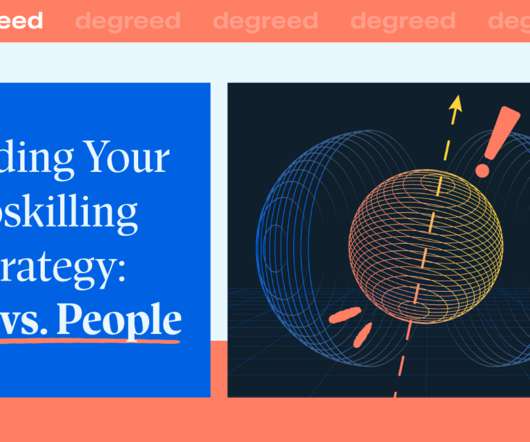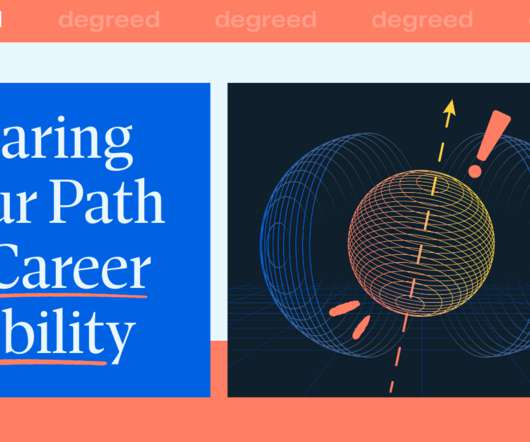Museums and Folksonomies
Skilful Minds
FEBRUARY 2, 2006
A folksonomy results from distinct ways of organizing cultural categories developed from the tags, keywords, people use to describe specific content, or services, on the web. The emphasis in folksonomies is on organizing data, not making friends. social networking.









































Let's personalize your content